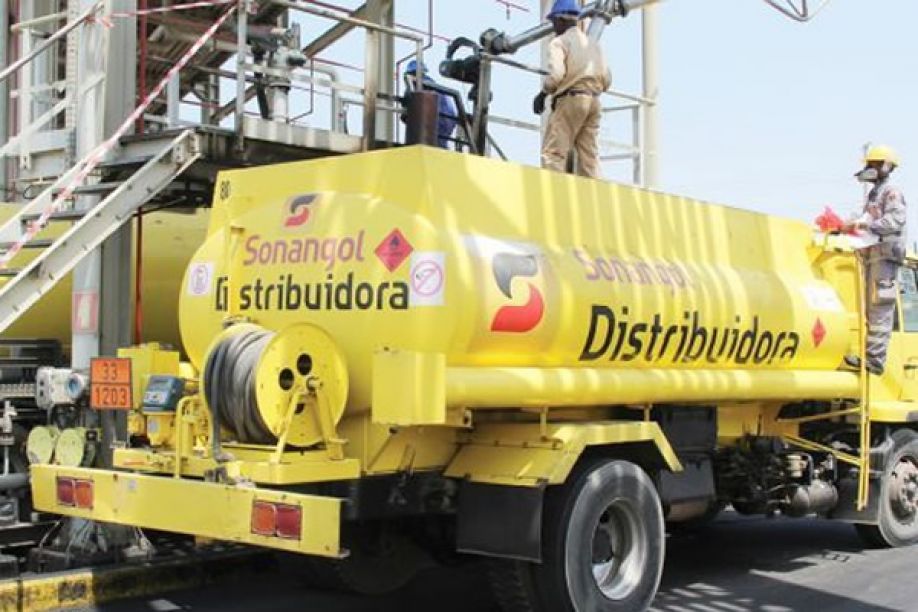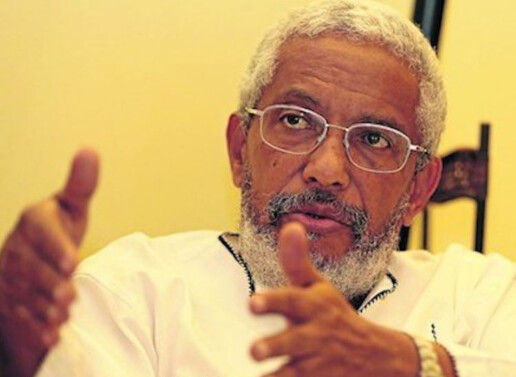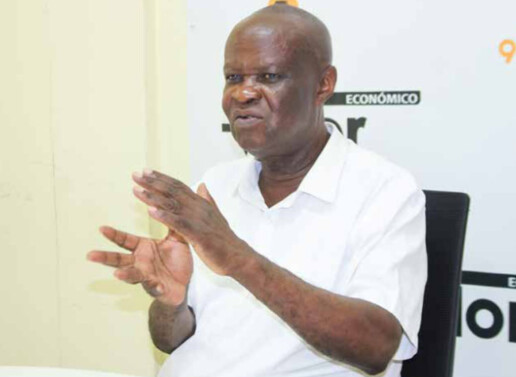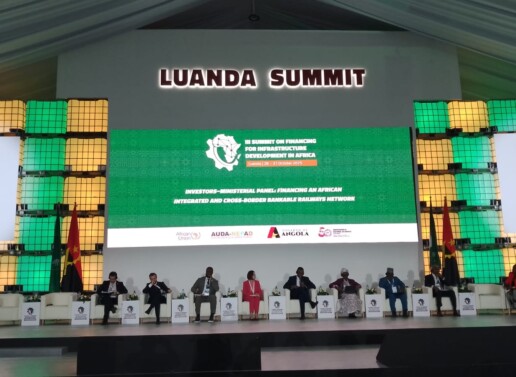The creation of the Competition Regulatory Authority (ARC) opened a new field of action in economic regulation. The economic model, marked by the dominance of state-owned companies, lack of institutional independence, and restrictive regulation, continues to hinder investment.
The Competition Regulatory Authority (ARC) required Sonangol to sell, by October 2024, its stake in TEMA – TotalEnergies Marketing Angola, a company created in 2019 in partnership with TotalEnergies to operate fuel service stations. A year after the deadline, nothing has changed, meaning that the operators involved are not complying with Angola’s laws on business competition. Sonangol had also agreed with the ARC, back in 2021, to divest its shares in other joint ventures with competitors, namely Sonangalp and Pumangol.
None of these processes have made concrete progress, which calls into question the functioning and competitiveness of the fuel distribution market in Angola, according to ARC’s published decisions.
In 2019, Sonangol and the French oil company created TEMA, 50.02% owned by subsidiaries of the Angolan state oil company.
In compliance with legal requirements on business control and concentration, an opinion was requested from the ARC. The authority approved the establishment of the company but imposed several conditions. Among the measures set by ARC to ensure compliance with the law was the “obligation for Sonangol to begin divesting, selling 5% of its shares from the third year after the company’s creation” (2021), and the remainder by the fifth year (2023).
A Sonangol source admitted to Expansão, unofficially, that the company continues to defend the country’s interests — a reference to the need to recover the investment made in TEMA and other subsidiaries operating in the fuel distribution segment.
Throughout the process, and following ARC’s decision criticizing the excessive concentration of interests in the sector and ordering the oil company to divest its holdings, Sonangol sought authorization to extend the resolution of the case until 2027, but this request was denied.
“After analysis, ARC rejected Sonangol’s request, considering that there were no sufficient grounds to justify extending the company’s stay in TEMA. Consequently, Sonangol was instructed to ensure the total sale of its shares between November 2023 and October 2024,” states the country’s largest company in its 2024 Annual Report and Accounts.
In Sonangol’s most recent management report for 2024, there is no reference to compliance with the law or with ARC’s rulings.
Expansão also sought further information from TotalEnergies, which requested that a formal letter be sent to TEMA’s Chairman for the matter to be reviewed internally.
What the Law Says
In 2019, ARC’s opinion found that “with this merger, Sonangol reinforces its market power and consolidates its dominant position.”
“The quantitative assessment of retail activity, by province, shows that in some local markets there is no capacity to respond,” and this concentration operation “strengthens Sonangol’s relative monopoly in eight local markets (provinces),” in a segment where the national oil company already holds a monopoly on primary logistics and refining activities.
“The overlap and integration increase the likelihood of explicit or tacit coordination,” which negatively affects “consumer welfare, while enabling the abusive exercise of market power, coordination among companies, and a reduction in rivalry.”
ARC also noted that Sonangol’s dominant position is “facilitated by legal, regulatory, economic, technological, and downstream integration barriers in the liquid and gaseous petroleum products sector.” These barriers “reduce the likelihood of new entrants with operational capacity and the ability to ensure effective market competition, to the detriment of improving the business environment, market efficiency, productivity, and competitiveness.”
ARC’s description of the legal, regulatory, and economic barriers refers to an analysis of the fuel distribution sector, where several constraints remain. For example, Article 3(2) of Presidential Decree No. 132/13 restricts, according to ARC, “the fundamental right to free enterprise by limiting the actions of foreign investors in the oil sector, requiring them to associate with a national investor and be subject to its control — unlike national investors, who may access the market without such partnerships, thus enjoying a discriminatory advantage.”
ARC stressed that this rule contradicts “other legal provisions,” citing several examples (including constitutional ones), such as the current Private Investment Law, which repealed the requirement for foreign investors to form mandatory partnerships with local partners.
“The restrictive rule on access to the petroleum derivatives market, according to the principle of the organization and regulation of economic activities, does not meet the values of fair competition,” ARC concluded in 2019.
All these issues — combined with an environment marked by high fuel subsidies (which reduce operators’ margins) and the strong presence of state entities — discourage potential investors from entering the sector and devalue Sonangol’s stakes, making their sale more difficult.
The case involving Sonangol, ARC, and other fuel distribution operators also raises questions about the ability of state institutions to monitor other public entities.
“The ARC’s inability to investigate anti-competitive practices by state-owned companies — including state aid — is one of its weaknesses,” notes Walter Moreira, a university lecturer and lawyer who is preparing to publish the book Introduction to Competition Law. The jurist also believes that ARC should “work more closely with higher education institutions to include the subject of Competition Law in undergraduate and postgraduate programs,” as a way of promoting awareness of the topic and strengthening the training of Angolan specialists and technicians.
“As for ARC’s strengths, they are most visible in its control over mergers and acquisitions. Since its creation in 2019, all merger and acquisition processes involving companies with a market share equal to or greater than 30% and less than 50% must be reviewed by ARC. There is also greater oversight of prohibited collective practices, such as restrictive agreements, concerted actions, and decisions or resolutions by associations that harm competition,” concludes Walter Moreira.
Expansão , 22/10/2025







